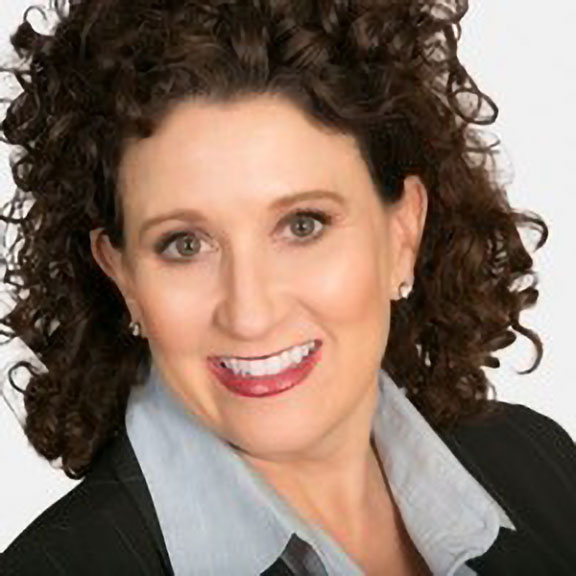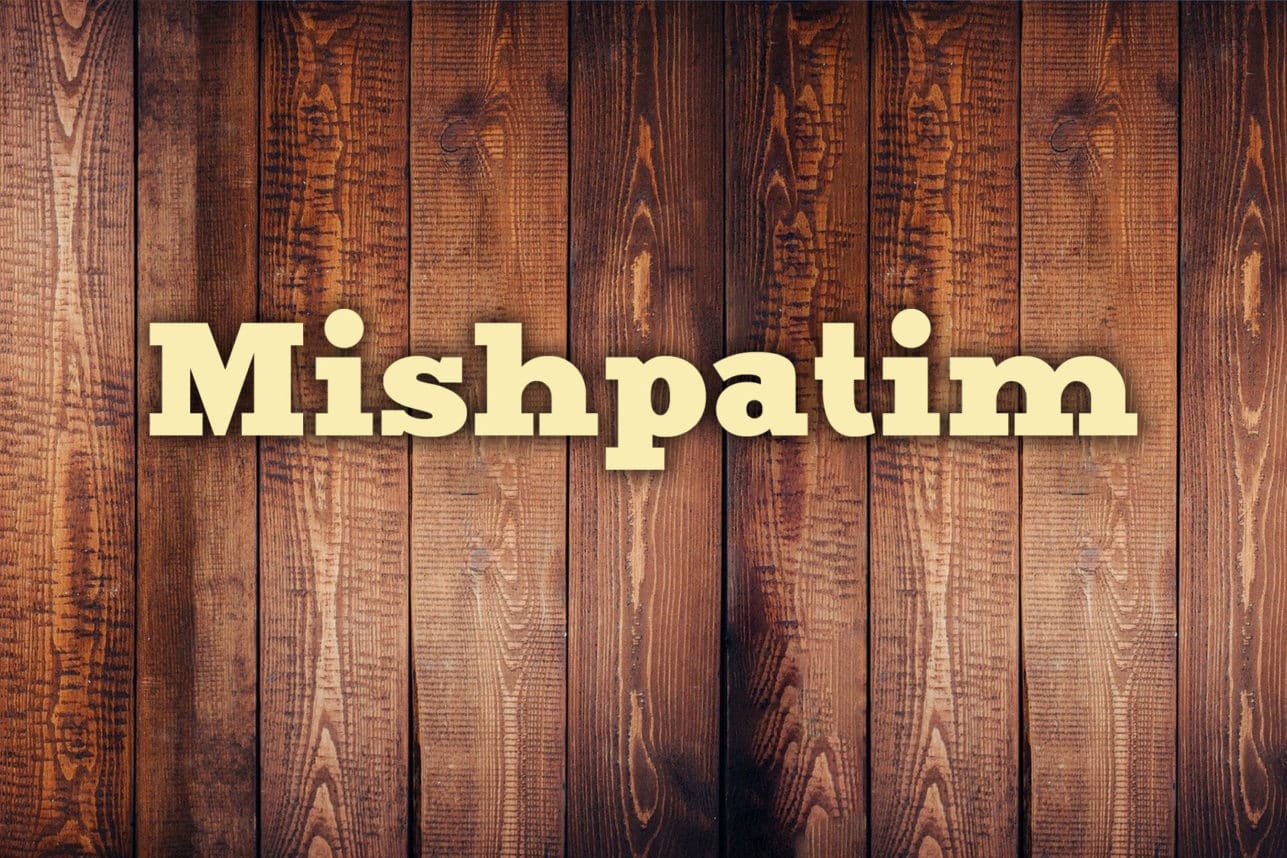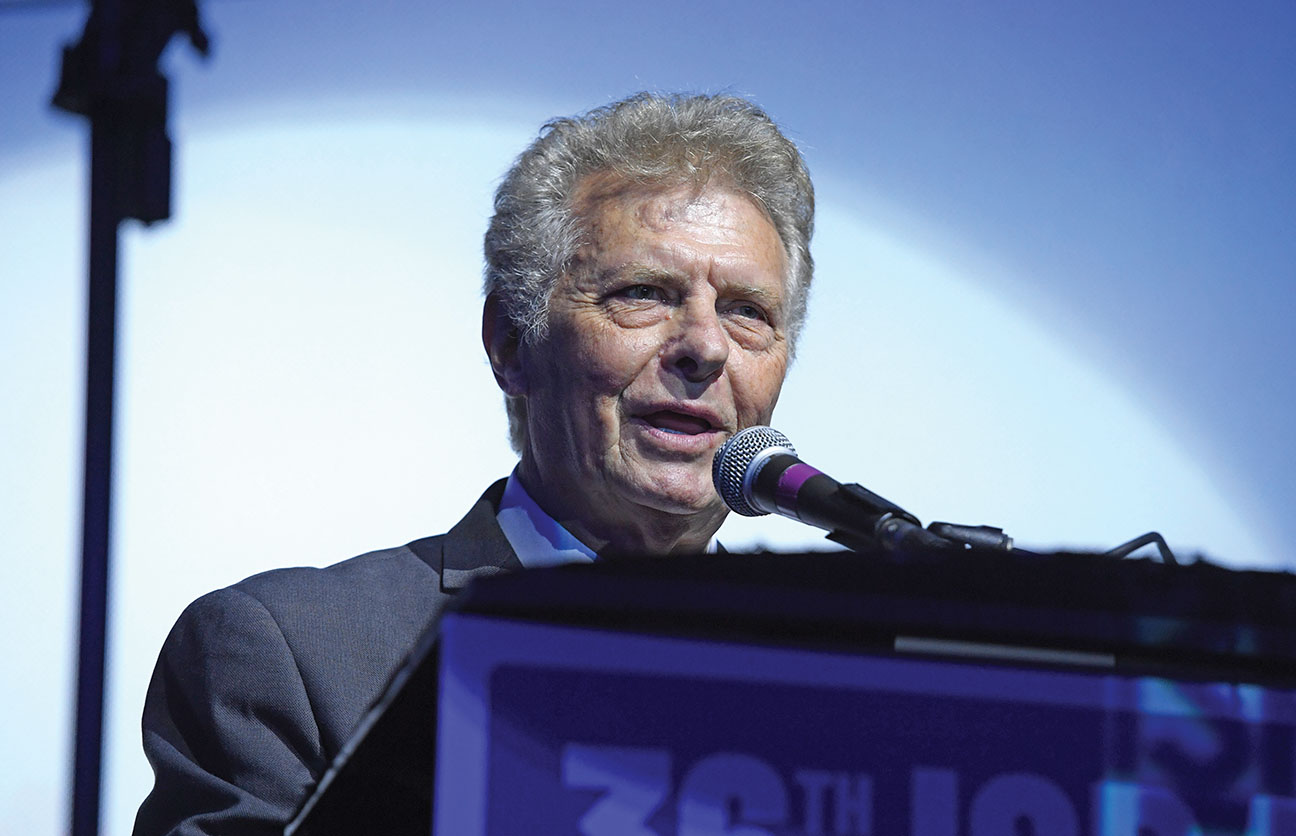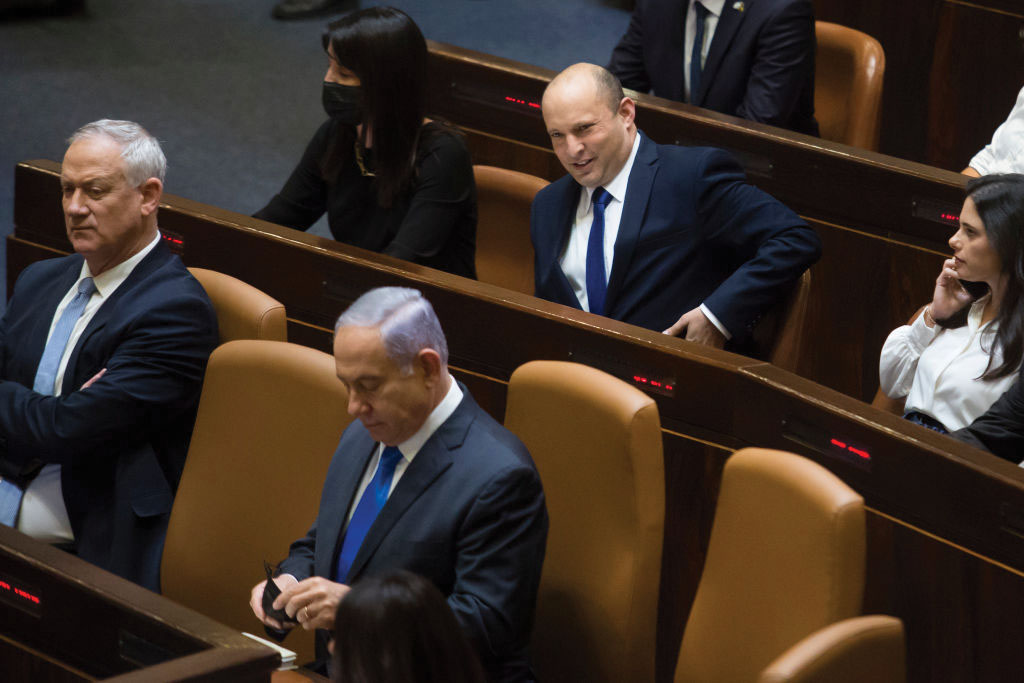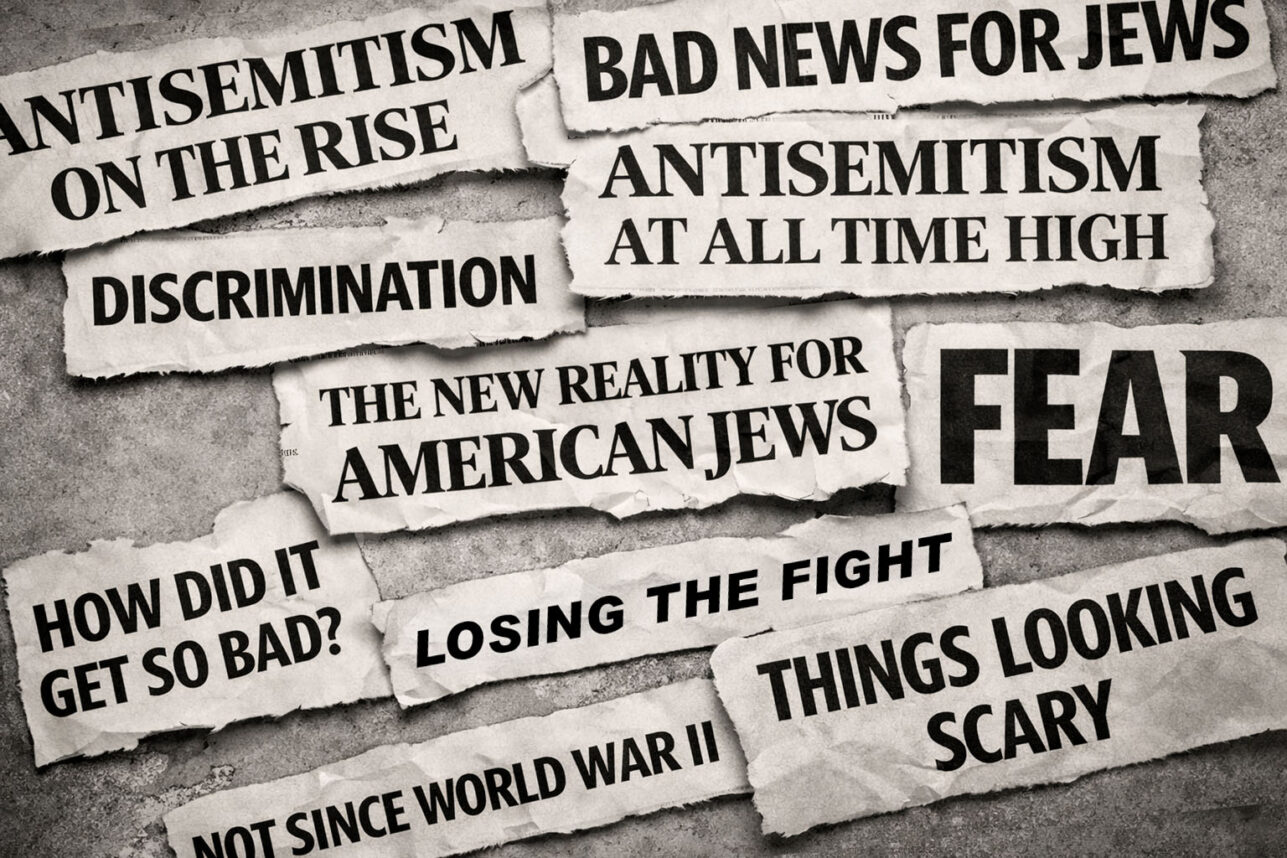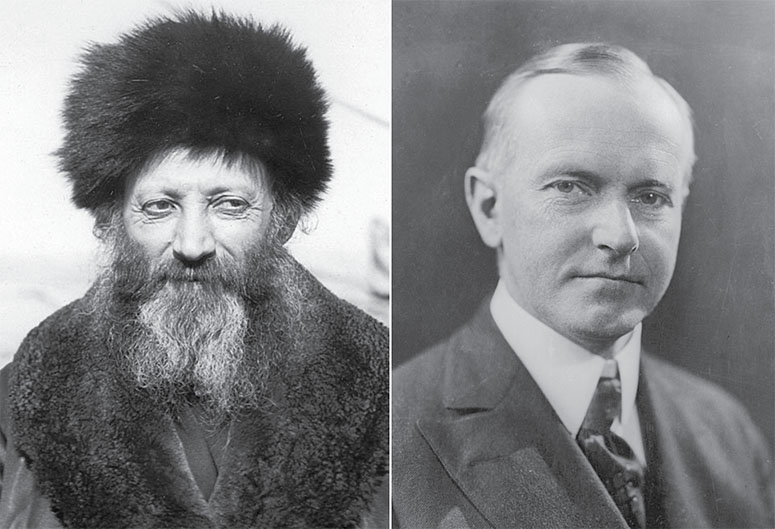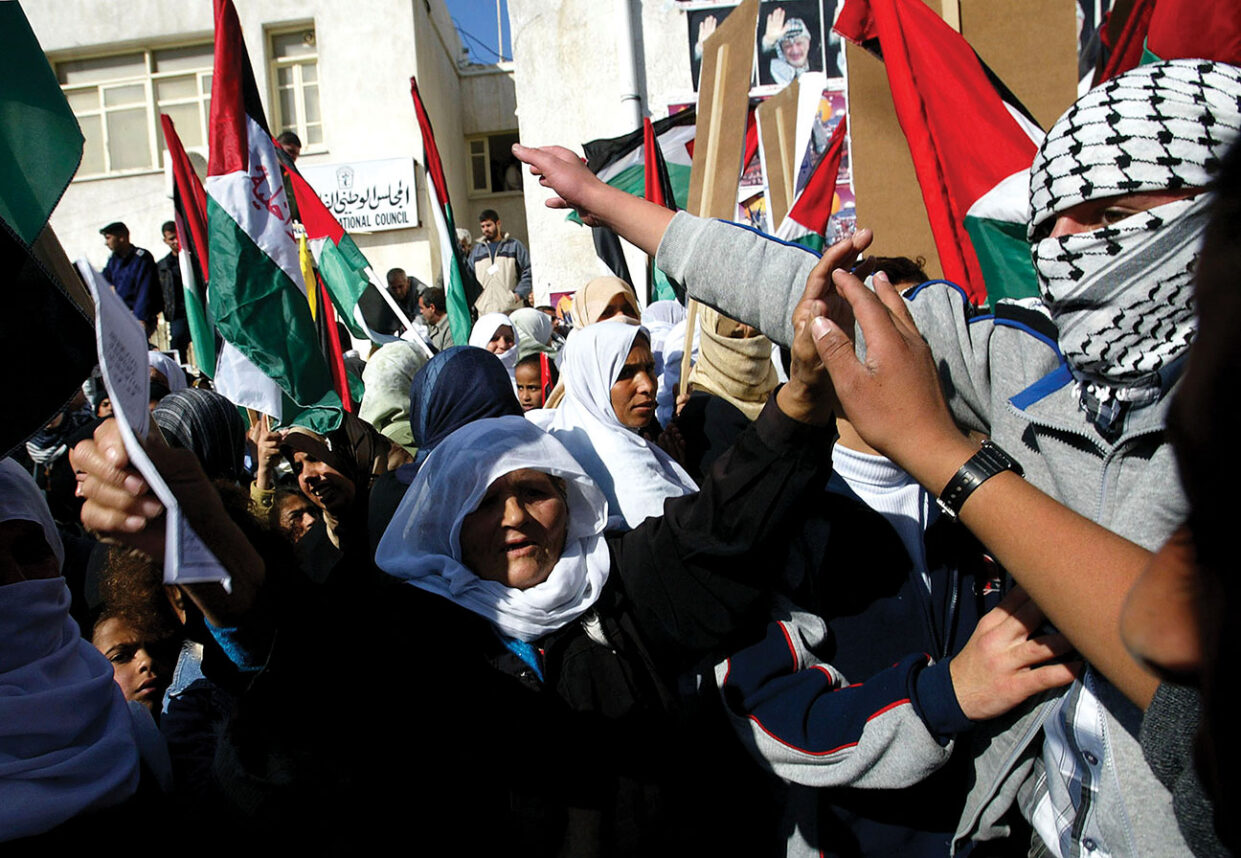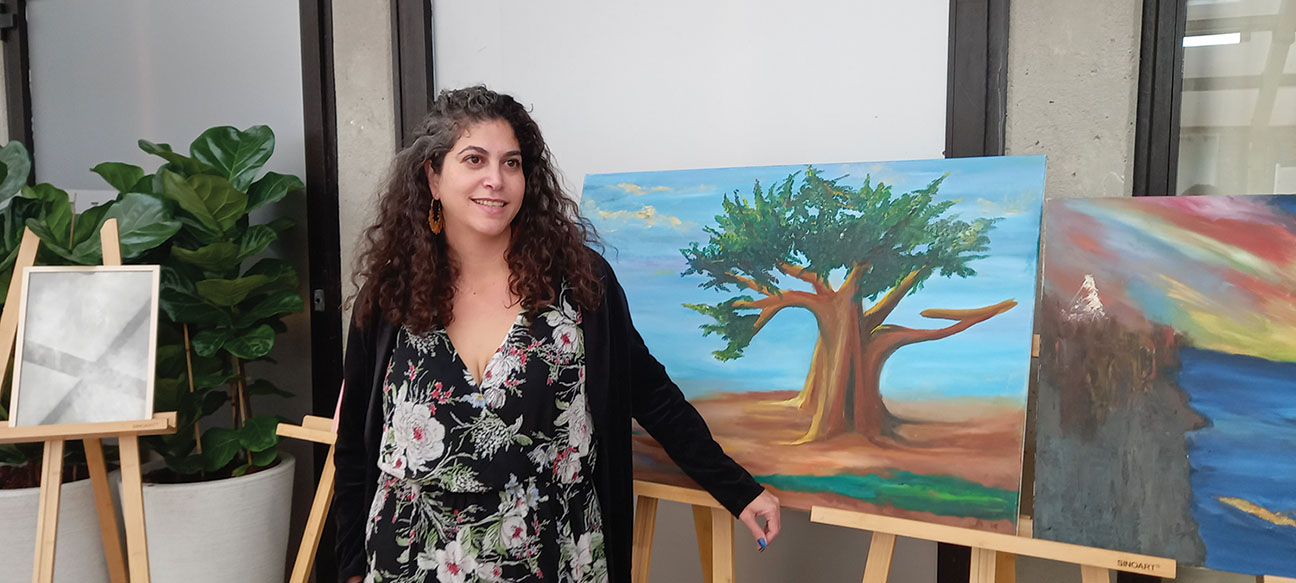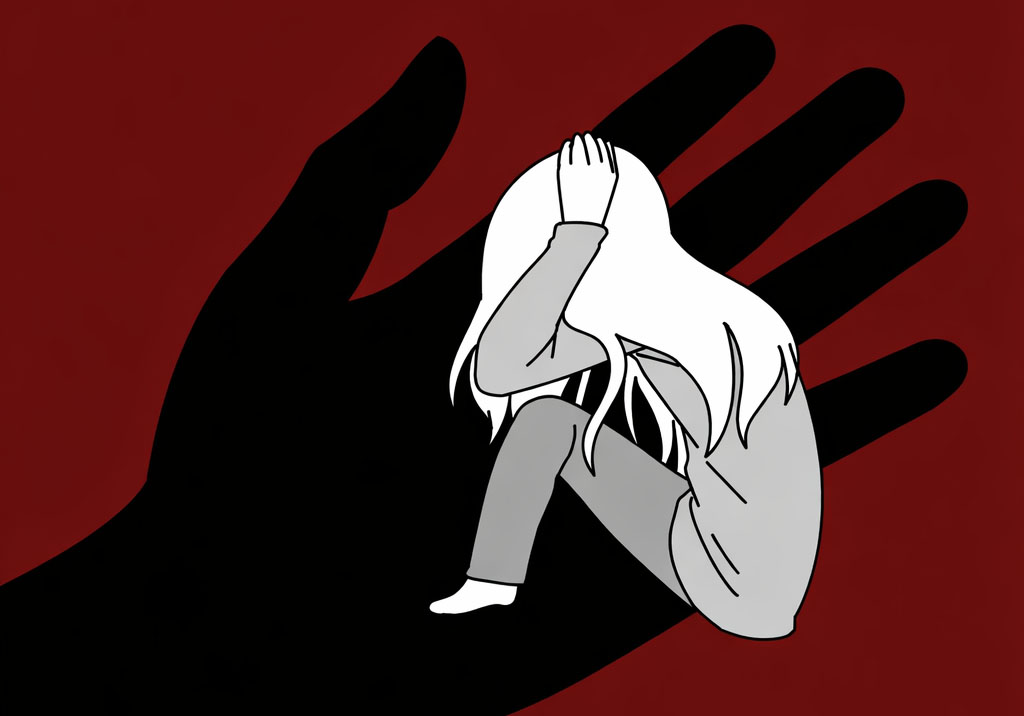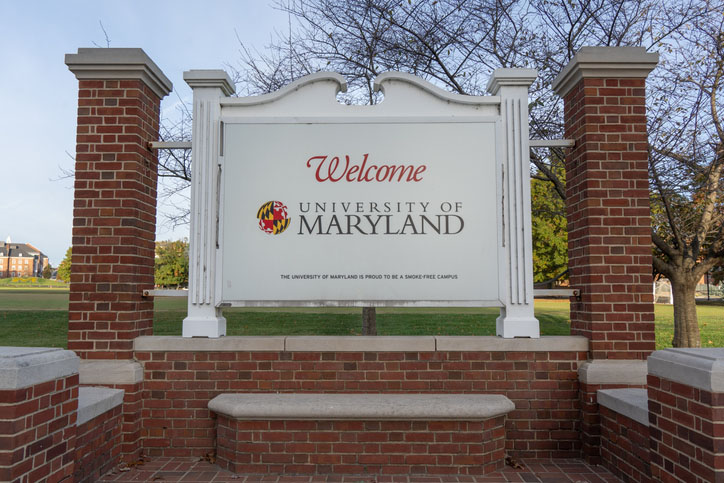
Multiple student groups at the UC Berkeley School of Law passed a bylaw on August 21 stating that they would never invite any speakers that support “Zionism, the apartheid state of Israel, and the occupation of Palestine.”
The bylaw, which was spearheaded by UC Berkeley’s Law Students for Justice in Palestine (LSJP), stated that not inviting such speakers is necessary for “the safety and welfare of Palestinian students on campus.” It also stated that any student organization that adopts the bylaw is required to hold a “Palestine 101” training hosted by LSJP “to create a safe and inclusive space for Palestinian students.” The student groups who adopted the bylaw include the Berkeley Law Muslim Student Association, Middle Eastern and North African Law Students Association, Womxn of Color Collective, Asian Pacific American Law Students Association, Queer Caucus, Community Defense Project, Women of Berkeley Law, and Law Students of African Descent.
The Jewish Students Association at Berkeley Law wrote in an August 27 Medium post that they were “saddened” and “concerned” that the bylaw could “silence Jewish voices on campus” and alienate “many Jewish students from certain groups on campus.” “Students should not be forced to choose between identifying as either ‘pro-Palestine’ and thereby ‘anti-Israel,’ or ‘pro-Israel’ and thereby ‘anti-Palestine,’” the association wrote. “This dichotomy distorts the complexity of this issue. Students can advocate for Palestinians and criticize Israeli policies without denying Israel the right to exist or attacking the identity of other students. To say otherwise is antithetical to the dialogue around which our educational community is built. We are troubled that this by-law creates an environment in which only one viewpoint is acceptable.”
The Jewish Students Association also wrote that the bylaw could have an “antisemitic impact” on campus. “Many Jewish students’ identities are intertwined with the existence of Israel as an ancestral Jewish homeland, just as many Palestinians’ identities are strongly connected to their ancestral homeland,” they wrote. “When an affinity group adopts this by-law or conditions speaking privileges on denouncing Israel, many Jewish people are put in a position all too familiar: deny or denigrate a part of their identity or be excluded from community groups.”
Berkeley Law School Dean Erwin Cherminsky, who identifies as a progressive Zionist, told The Jewish News of Northern California (The J) that “many students” view the bylaw as “antisemitic” because “to say that anyone who supports the existence of Israel — that’s what you define as Zionism — shouldn’t speak would exclude about, I don’t know, 90 percent or more of our Jewish students.”
Various Jewish groups criticized the bylaw.
“The actions of Berkeley Law Students for Justice in Palestine are not only antisemitic at their core, but also hinder any sensible or legitimate discussions on campus about the Israeli-Palestinian conflict,” Anti-Defamation League Central Pacific Deputy Regional Director Teresa Drenick said in a statement. “We thank Dean Chemerinsky and Berkeley Law for their commitment to ensuring freedom of dialogue including the diverse views held by the University’s vibrant communities.”
A statement from ADL Central Pacific on several Berkeley Law student groups which have adopted a troubling "no Zionist speakers" rule. Read the full story here: https://t.co/A6tfWpfMXl pic.twitter.com/NjPfxJRCe7
— ADL San Francisco (@ADL_SF) August 29, 2022
StandWithUs CEO and Co-Founder Roz Rothstein said in a statement to Fox News, “Misrepresenting Zionism is antisemitic and will never lead to peace. Half the world’s Jewish people are in Israel, the ancestral homeland of the Jewish people, and the other half likely have friends and/or relatives who live there. Denying Jews the right to self-determination creates a double standard against only one country in the world. Those who lead biased, anti-peace campaigns should rethink their end goals and be honest about their prejudice against the Jewish people and the only Jewish country in the world.”
AMCHA Initiative Director Tammi Rossman-Benjamin told Jewish News Syndicate that the bylaw “is part of the anti-normalization element of BDS [Boycott, Divestment and Sanctions], which seeks to exclude, marginalize and demonize Jewish and Zionist identity on campus, and is one of the reasons that BDS inspires the targeting of Jewish students for harm.”
Kenneth L. Marcus, who heads the Louis D. Brandeis Center for Human Rights Under Law and a Berkeley Law alumnus, told The J that the bylaw is not “just a political stunt. It is tinged with antisemitism and anti-Israel national origin discrimination.”
Zionist Organization of America (ZOA) National President Morton A. Klein criticized Chemerinsky’s response to the bylaw as being “painfully weak.” “When he noted his support for Israel’s existence, he felt the need to qualify it, by adding that he condemned many of Israel’s policies – as if that is even remotely relevant to whether Jewish and pro-Israel voices and views have the right to be expressed at Berkeley Law,” Klein said in a statement. “The dean should be forcefully and unequivocally condemning all of these student groups and taking immediate steps to discipline them for their antisemitic, anti-free speech actions.”
Canary Mission tweeted: “This kind of discrimination towards any other group on campus would be unacceptable. It is not acceptable towards Jews or Zionists either.”
11/11 This kind of discrimination towards any other group on campus would be unacceptable.
It is not acceptable towards Jews or Zionists either.
For the full Berkeley Law SJP Statement: https://t.co/LAYyyh9Lcx
— Canary Mission (@canarymission) August 29, 2022
Berkeley LSJP responded to criticism of the bylaw in a statement posted to Instagram on August 30, arguing that because “Israel is an apartheid state,” they believe they “have an obligation to act.” “Supporting Palestinian liberation does not mean opposition to Jewish people or the Jewish religion; in fact, Jewish liberation and Palestinian liberation are intertwined, and we are committed to each other’s safety,” Berkeley LSJP wrote. They pointed to a statement from the Jewish Anti-Zionists at Berkeley Law endorsing the bylaw. The Jewish Anti-Zionists statement argued that “the foundation of Israel is
built on longstanding ethnic cleansing and dispossession of Palestinians, and as Jews we reject this violence in our name.” They also said that “our freedom is incomplete without Palestinian freedom. Opposition to Zionism is not about displacing Jews, but about seeking justice for the displacement of Palestinians.”
Berkeley Law Students for Justice in Palestine respond to criticism of a bylaw against hosting Zionist speakers:
"Free speech and the exchange of ideas cannot be romanticized when the byproduct of such rhetoric causes harm to marginalized communities."https://t.co/0RhijIULL4 pic.twitter.com/OJHZO8TOO6
— Gabe Stutman (@jnewsgabe) August 29, 2022










